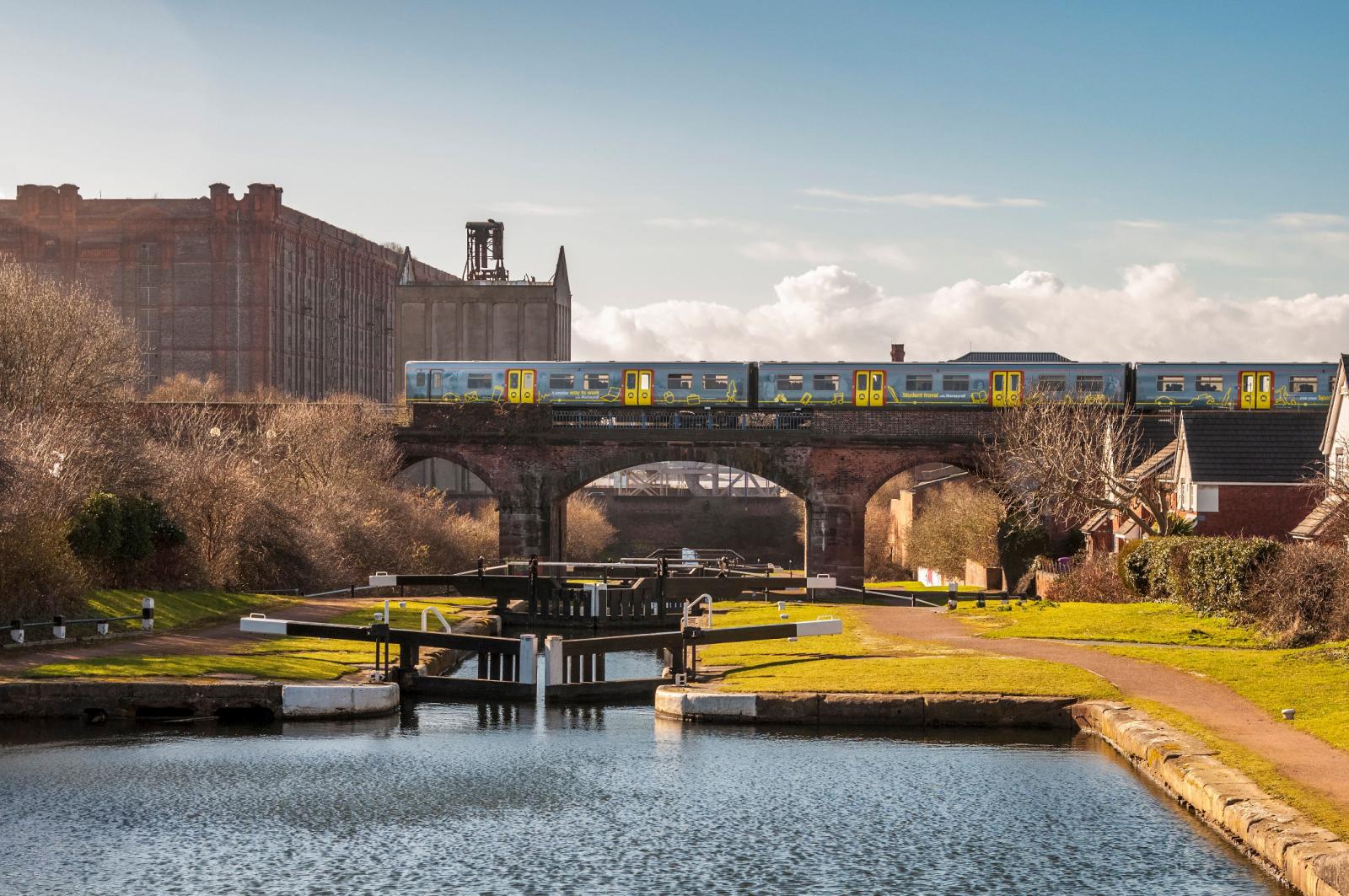Grayling's review can get rail devolution back on track

Last month, the government launched what it called a ‘root and branch’ review of the UK’s railways. And rightly so. On the same day as transport secretary Chris Grayling announced the review, the ORR published the results of its own interim inquiry into the May timetable meltdown, concluding that nobody took charge with a “gap in responsibility and accountability” for mistakes that were made (read more on p20). The ORR’s initial findings expose an important question: who has – and who should have – responsibility for the effective running of our railways?
We believe that urban rail systems must be controlled locally, by the regions and cities which are served by them. Rail devolution has been a huge success story – for passengers, for cities and for regions. Take, for example, Merseyrail Electrics (now fully devolved to the transport authority Merseytravel): it was – prior to devolution in 2003 – dubbed ‘miseryrail.’
Just a year after devolution, passenger satisfaction leapt from 82% to 90%, and it now stands at a staggering 92%. We have seen a similar pattern of success in Scotland, where its railway has become a symbol of the nation’s ambition. Its extensive rail reopening programme – which followed in the wake of the first devolution agreement in 1999 – is unrivalled, with more stations and rail lines opening in Scotland than any other part of the UK in the last 15 years or so. This has resulted in a surge in patronage, and extended beyond rail travel itself, with the additional benefits of boosted local economies through urban regeneration and tourism and new housing schemes.
Further stages of devolution have handed more control to Scottish ministers, including over Network Rail’s budget and the ScotRail franchise – leading to a programme of electrification to increase capacity, provide faster journeys, and reduce carbon emissions. The capital too has enjoyed the fruits of devolved rail systems. Until TfL took over in 2007, London’s orbital railways had suffered from unreliable services and rundown stations, endured under both British Rail and when privatised by government. Yet under the control of TfL, they flourished, with patronage increasing by 32% in the first year alone. TfL’s understanding of the city’s integrated transport, economic and social needs meant demand that had not been envisaged by central government and private train operators was recognised, planned for and exceeded.
This example demonstrates how devolution beats remote control by Whitehall. This is because cities and regions understand how important rail is to their local context far better than any centralised rail decision-making machine could. They see how modern and efficient rail services are important to travellers every day, important to reducing road congestion (and associated air pollution and carbon reduction), important to building strong agglomeration economies, and important to meeting housing needs without leading to more sprawl and road congestion.
Grayling has promised to leave no stone unturned and makes bold recommendations for the future as part of the review. Will he be bold enough to put power into the places our railways serve and get devolution back on track? We certainly hope so, and we look forward to feeding into the review.
Jonathan Bray is Director of the Urban Transport Group This piece was originally published in Rail Technology Magazine

